Medewerkers met het vakgebied Ecologie
Wetenschap ontwikkelt zich waar verschillende vakgebieden samenkomen. Alleen al daarom bestaat er binnen de RUG een grote verscheidenheid aan vakgebieden, met daarbinnen een groot aantal vakspecialisten. Met behulp van onderstaand overzicht, gebaseerd op een vaststaande indeling van wetenschapsgebieden, vindt u op elk vakgebied de juiste deskundige. Komt de deskundige die u zoekt niet voor in deze lijst? Via een vergelijkbaar vakgebied of een gerelateerde faculteit vindt u mogelijk alsnog de juiste persoon.
Overzicht van alle vakgebieden
GELIFES datasteward, GELIFES Pure coordinator, Population & conservation genetics, Simulation models & programming (C/C++, NetLogo), Web & wiki development & maintenance
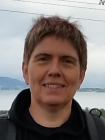
Contact
Functie
ICT developer (TRÊS) & datasteward (GELIFES)
Camouflage
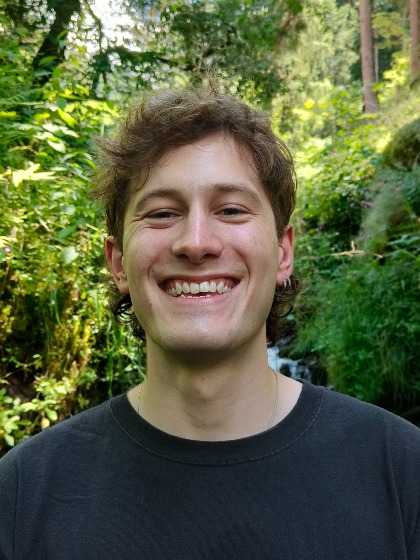
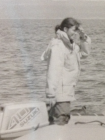
Contact
Functie
Onderwijs- en Onderzoeksmedwerker 1
Ecologisch veldwerk

Contact
Functie
Lecturer & Team leader X-lab Biology
Reef restoration and coral research focused on thermotolerance and genetic diversity
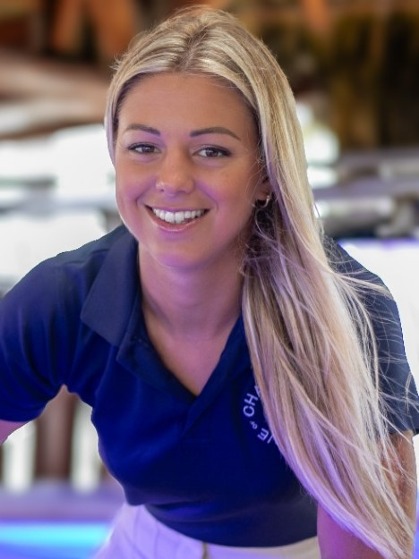
Contact
m.blanco.pimentel rug.nl
Functie
PhD student
Mariene milieu & giftige algen (HAB)
Fysiologie en ecologie van microalgen
Milieustudies zoals effecten van plastics, vlamvertragers, ballastwater Natuurbeheer (MPA of anders)
Fysiologie en ecologie van microalgen
Milieustudies zoals effecten van plastics, vlamvertragers, ballastwater Natuurbeheer (MPA of anders)
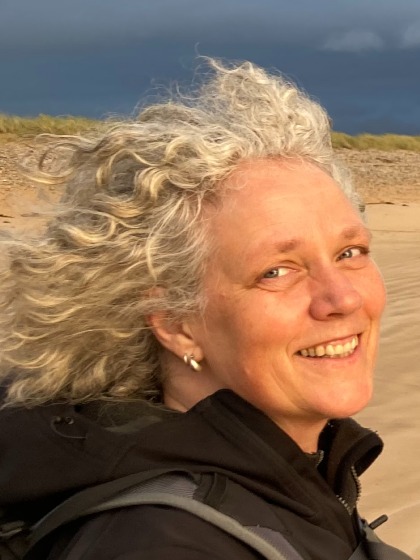
Contact
Functie
Beta Wetenschapswinkel & mariene bioloog; senior docent
Ecologie en klimaatsverandering, Vogeltrek, Aanpassing aan veranderende omstandigheden, Populatie ecologie, Broedbiologie, Dispersie, Evolutie, Nestkasten, Zangvogels
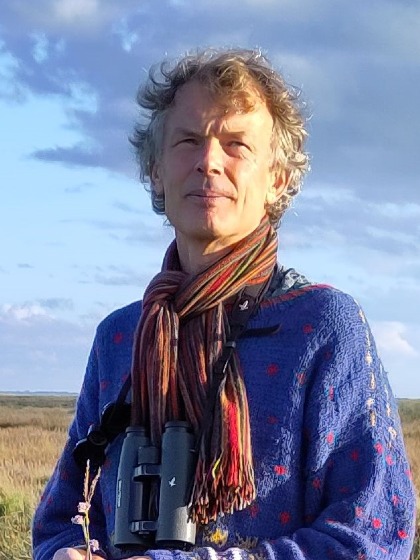
Contact
Functie
Hoogleraar in de Dierecologie
I am interested ---in a nutshell--- in the interactions between socio-economic structures and earth's biodiversity. Animal domestication, origins of animals as labor (e.g. oxen), origins of systematic breeding practices, development of over-exploitation... lees meer
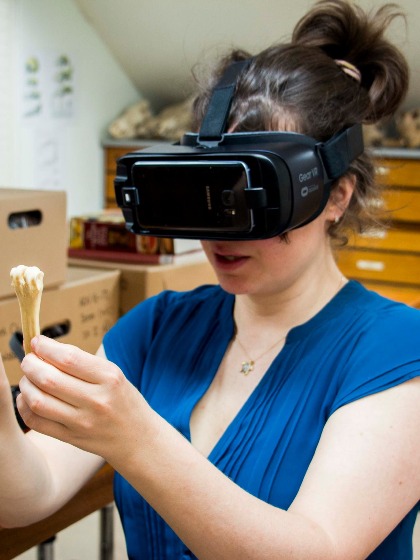
Contact
Functie
UD1 met ius promovendi
Vakgebied
Climate Science and Avian Physiology
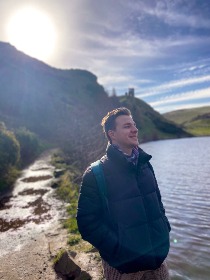
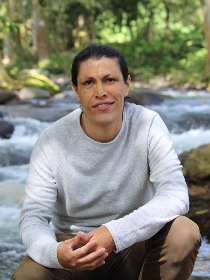
Gemeenschaps(paleo)ecologie
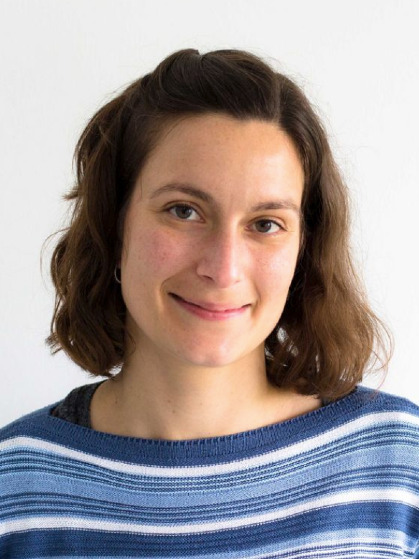
Contact
m.costa.rillo rug.nl
Functie
Postdoctorale onderzoeker
Vakgebied
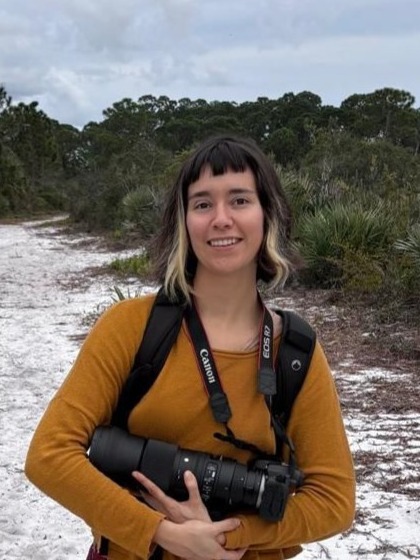
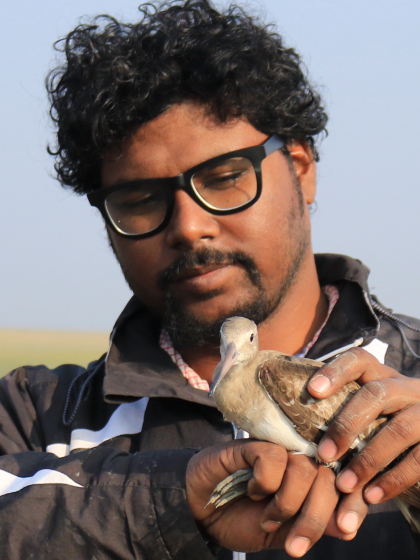
Dierecologie, Ecofysiologie, Microbioom
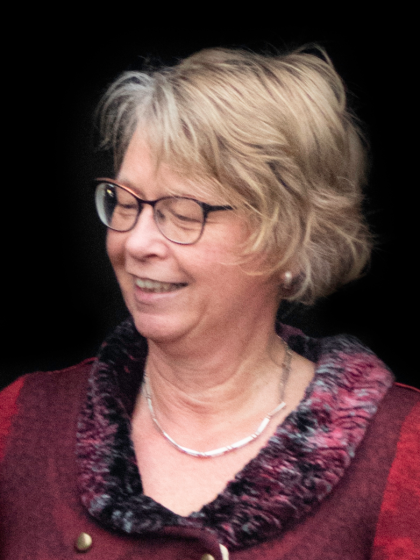
Contact
Functie
Research Associate
Vakgebied
Ruimtelijke ecologie van lepelaars
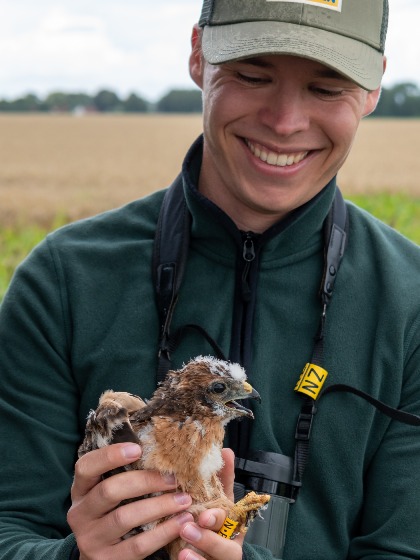
Management assistent / Coaching en onderwijs voor promovendi
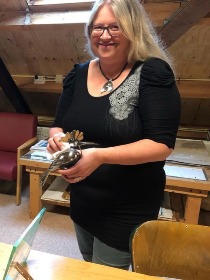
Contact
Functie
Beleidsmedewerker / PhD Coordinator
Vakgebied
Research Interests I am interested in the interaction between humans and our natural habitat: specifically, which impact we have on aquatic ecosystems and the communities therein, what properties that promote desirable ecosystem states, and ultimately how... lees meer
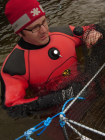
Contact
Functie
Associate Professor Marine Ecology
(Palaeo)Genomics, evolution, bioinformatics, animal behaviour, ecology

Theoretische en evolutionaire ecologie van ecologische levensgemeenschappen, eilandbiogeografie, macro-evolutie, diversificatie
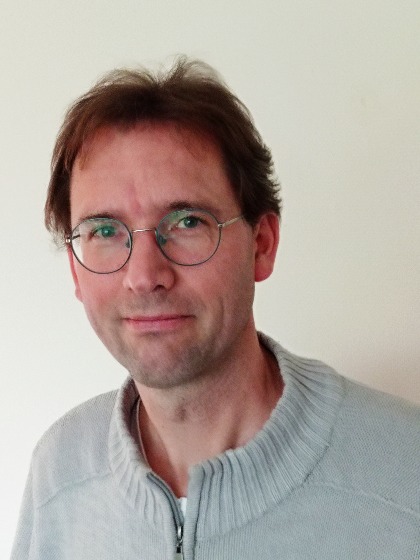
Contact
Functie
Hoogleraar theoretische en evolutionaire ecologie van ecologische levensgemeenschappen
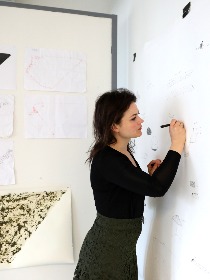
Microbial Community Ecology
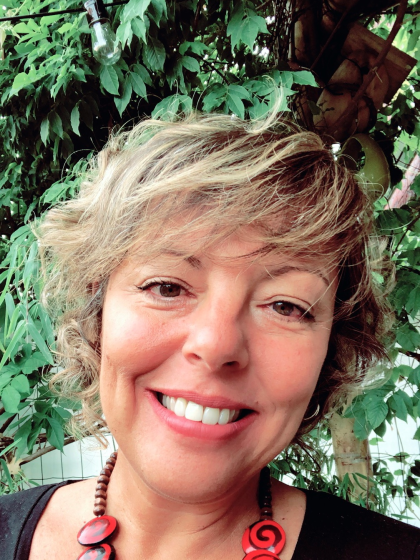
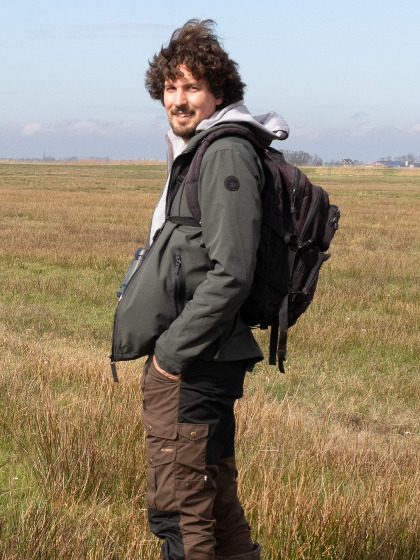
Contact
r.w.fokkema rug.nl
Functie
Postdoc predatoren & weidevogels
Keywords: Molecular Ecology | Population genetics / genomics | Bioinformatics | Phylogeography | Speciation | Evolutionary Biology
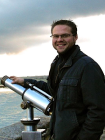
Contact
Functie
Assistant Professor
Whole-genome analysis
Population genetics
Molecular evolution
Sedimentary Ancient DNA
Molecular Evolution
Population genetics
Molecular evolution
Sedimentary Ancient DNA
Molecular Evolution
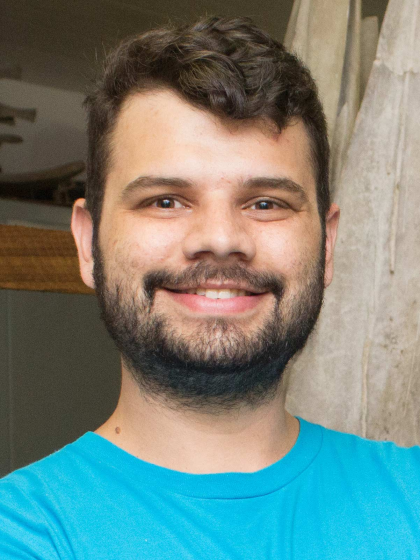
Contact
Functie
Vakgebied
Dr. Carol X. Garzón López is an assistant professor in Earth and Environmental sciences at the multidisciplinary faculty Campus Fryslân. She is a colombian researcher and the director of Verde Elemental, a website in Spanish, dedicated to promoting and... read more
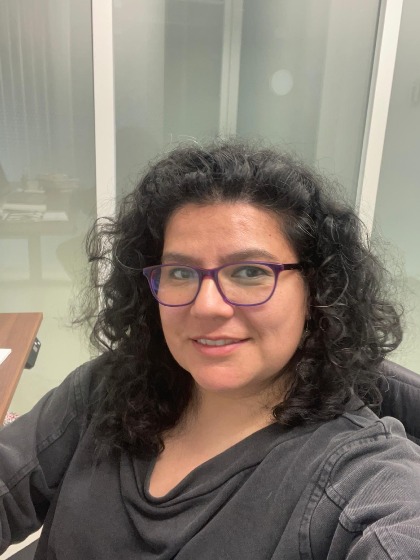
Contact
c.x.garzon.lopez rug.nl
Functie
Assistant Professor of Earth and Environmental Sciences
Marine Ecology
Conservation Ecology
Coastal Ecology
Community Ecology
Biogeochemistry
Wadden Sea Ecology
Seagrass Ecology
Conservation Ecology
Coastal Ecology
Community Ecology
Biogeochemistry
Wadden Sea Ecology
Seagrass Ecology
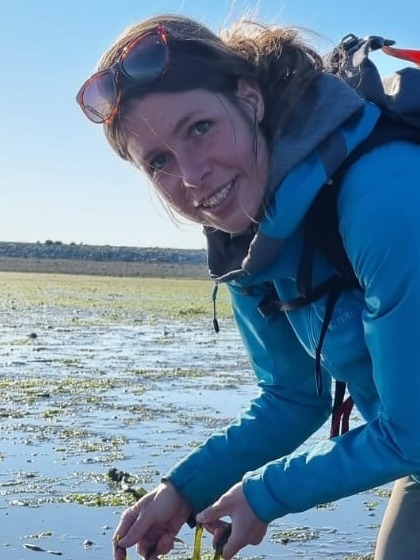
Contact
l.l.govers rug.nl
Functie
Adjunct hoogleraar
Vakgebied
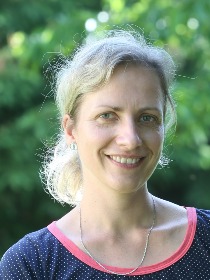
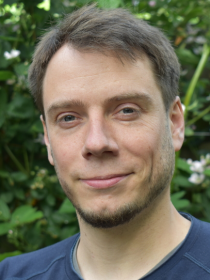
Contact
Functie
Assistant Professor | Eco-Evolutionary Bioinformatics
Vakgebied
Aquatische invertebraten; stabiele isotopen; meren; kwelders; koolstofkringloop; palaeo-ecologie
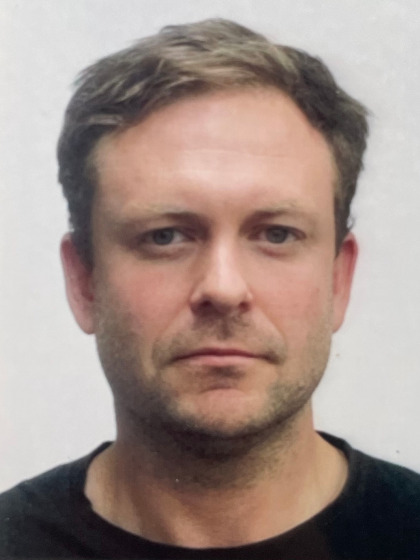
Contact
m.van.hardenbroek rug.nl
Functie
Postdoc
Marine ecology & ecological parasitology

Contact
haiyan.he rug.nl
Functie
PhD student
Ik ben onderzoeker bij het Koninklijk Nederlands Instituut voor Onderzoek der Zee (NIOZ) en hoogleraar Kustecologie aan de Rijksuniversiteit Groningen. Mijn onderzoek richt zich op kustecosystemen en de rol van zogenaamde biobouwers. Biobouwers zijn... lees meer
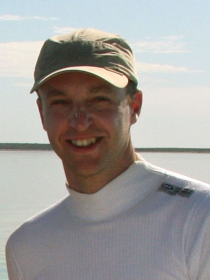
Contact
t.van.der.heide rug.nl
Functie
Hoogleraar Kustecologie
Ruimtelijke ecologie
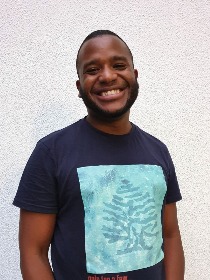
Contact
m.f.henriques rug.nl
Functie
Onderzoeksassistent
Vakgebied
Project Management, Fieldwork, Satellite tagging

Contact
Functie
onderzoeksmedewerker
Vakgebied
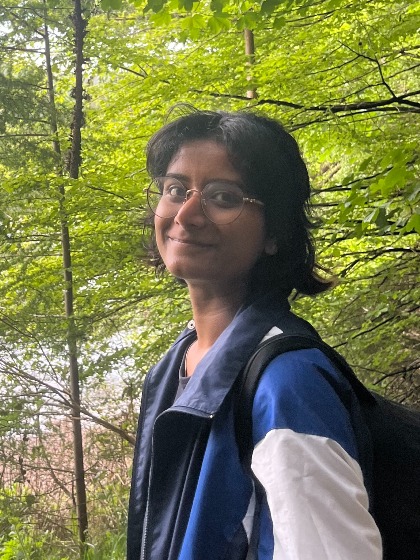
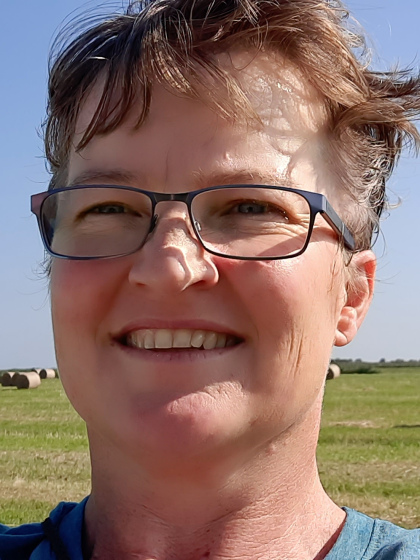
Contact
r.a.howison-fraser rug.nl
Functie
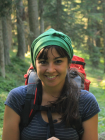
Contact
p.kohlmeier rug.nl
Functie
Gedragsecologie | geluid | vissen | zeezoogdieren
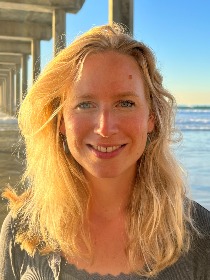
Evolution of parental behaviour, group living and cooperative breeding
Early-life environment, social stress and individual behaviour
Physiology of life histories and senescence
Fitness consequences and heritability of life-history decisions
Conserving... read more
Early-life environment, social stress and individual behaviour
Physiology of life histories and senescence
Fitness consequences and heritability of life-history decisions
Conserving... read more
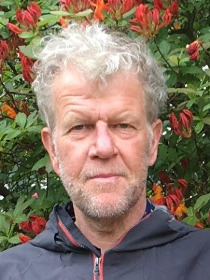
Contact
Functie
Prof. dr. ir.
Flowers; Optics; Reproductive systems biology; Evolution; Botany; Pollination; Asexual reproduction; Parthenogenesis; Biophysics;
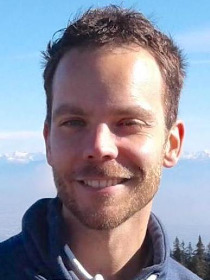
Contact
Functie
Onderzoeksgroep leider
Vakgebied
De ruimtelijke ecologie van getijdesystemen Mijn primaire interesses zijn de processen die ruimtelijke complexiteit van ecosystemen bepalen, in de vorm van de ruimtelijke patronen in mariene getijde-ecosystemen. Ik bestudeer de principes die ten grondslag... lees meer
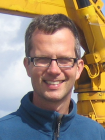
Gedrag, ecologie & evolutie
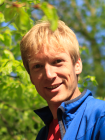
Contact
p.korsten rug.nl
Functie
Wetenschappelijk onderzoeker
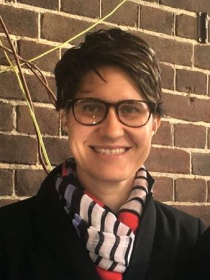
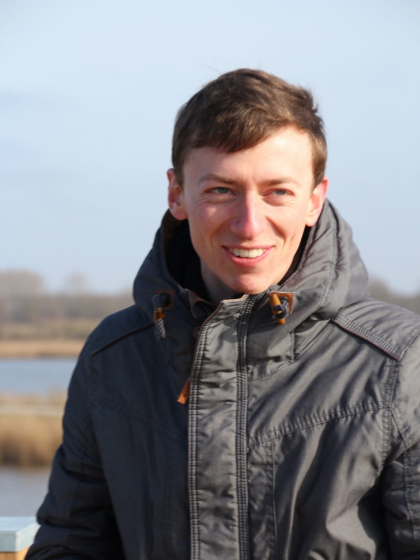
Weidevogels & Kustvogels
Veldwerk
Veldwerk
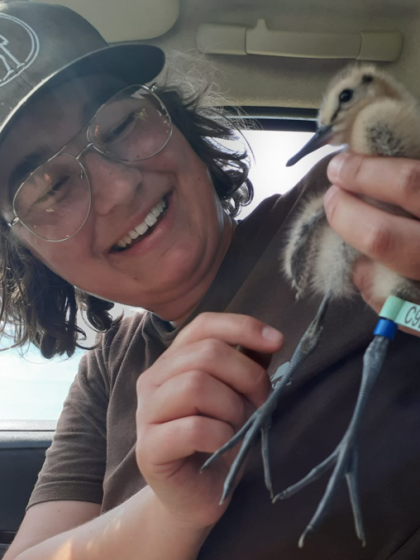
Contact
Functie
Onderwijs- en Onderzoeksmedewerker
Vakgebied
For more information on my current projects, please visit: https://emjlaetz.wixsite.com/evolution-and-ecophy
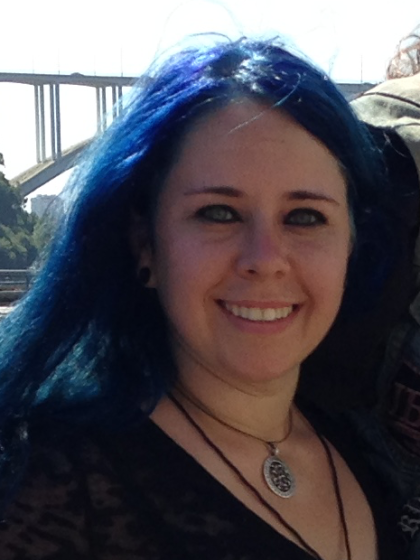
Contact
e.m.j.laetz rug.nl
Functie
Universitair Docent
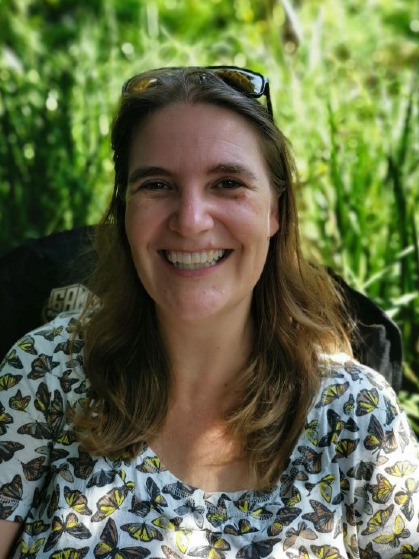
Contact
d.d.g.lagendijk rug.nl
Functie
Migratie ecologie, klimaatverandering, watervogels, Arctische ecosystemen, kuikengroei
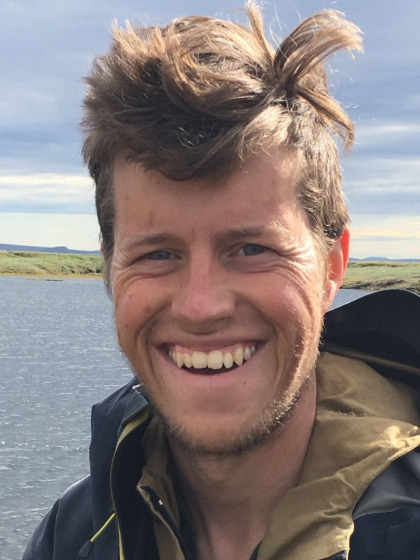
Contact
t.k.lameris rug.nl
Functie
Universitair docent migratie ecologie
Vakgebied
Virus ecology and evolution, phylogenetics, virus discovery, high-throughput sequencing, molecular epidemiology
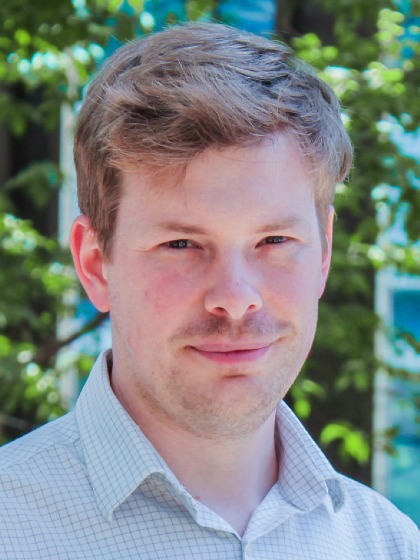
Contact
s.j.j.lequime rug.nl
Functie
Assistant Professor | Virus Ecology & Evolution
Vakgebied

Contact
m.ligtelijn rug.nl
Functie
Ik ben PhD-student bij de Conservation Ecology Group. Tijdens mijn master aan de VU (Amsterdam) heb ik gewerkt aan het effect van neonicotinoïden (eerste project) en stikstofdepositie veroorzaakt door melkveehouderijen (tweede project) op bodem-mesofaunagemeenschappen. Ik ben in september 2021 begonnen met mijn PhD en gedurende deze tijd zal ik mijn kennis over insecten uitbreiden. Dit zal gekoppeld worden aan grutto kuikens, die zich voeden met insecten. De insecten populaties zullen worden gemonitord met behulp van verschillende methoden (malaisevallen, plakplaten, potvallen en emergentievallen). Dit alles zal worden gedaan op verschillende boerderijen, die qua beheer verschillen in landgebruiksintensiteit en grondwaterstanden.
Vakgebied
Island Biogeography, Phylogenetics, Biodiversity
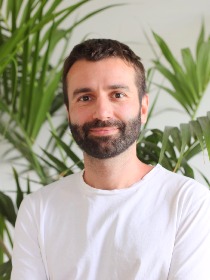
Contact
Functie
Associate Professor, GELIFES
Vakgebied
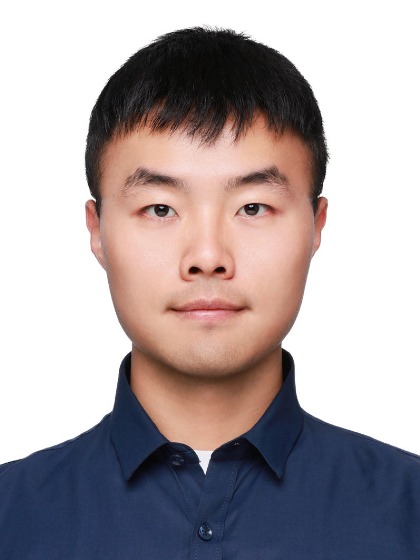
Contact
liu.yichen rug.nl
Functie
PhD student
biologie, poolgebieden ecologie, ganzen, migratie
Zie ook: https://www.rug.nl/about-us/news-and-events/people-perspectives/scientists-in-focus/mloonen
Zie ook: https://www.rug.nl/about-us/news-and-events/people-perspectives/scientists-in-focus/mloonen
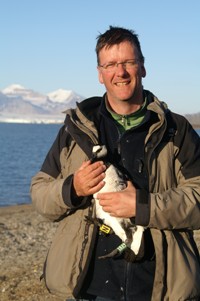
Contact
Functie
Universitair hoofddocent Arctische Ecologie
Vakgebied
animal behaviour, evolution of animal signals, sexual selection and mate choice, sensory ecology, phenotypic plasticity, speciation, biodiversity
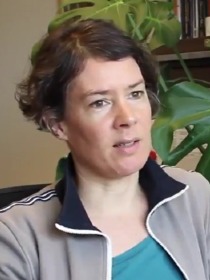
Contact
Functie
Rosalind Franklin Fellow
Vakgebied
Metagenomics
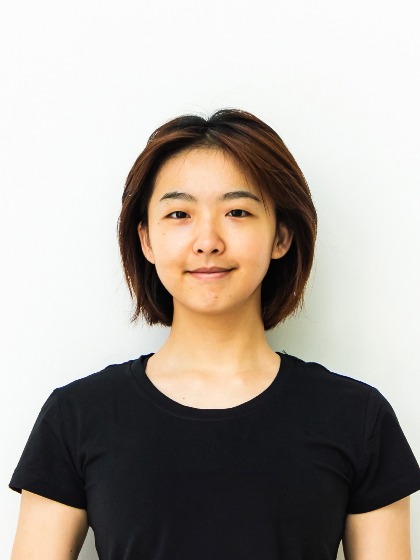
I study the biodiversity, evolution, and ecology of marine invertebrates, with a particular focus on coral-dwelling symbionts. My research integrates taxonomy, phylogenomics, and host–symbiont interactions to understand patterns of diversification and... lees meer
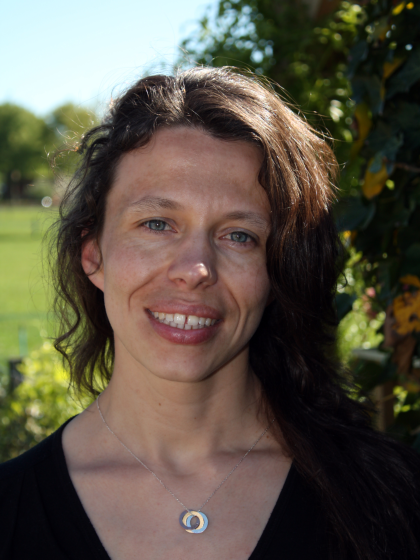
Contact
Functie
Universitair Docent 1
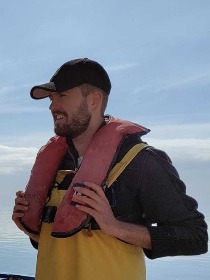
Contact
k.j.meijer rug.nl
Functie
Postdoc - Marine Conservation Ecology

Contact
m.mendez-arostegui rug.nl
Functie
animal personality
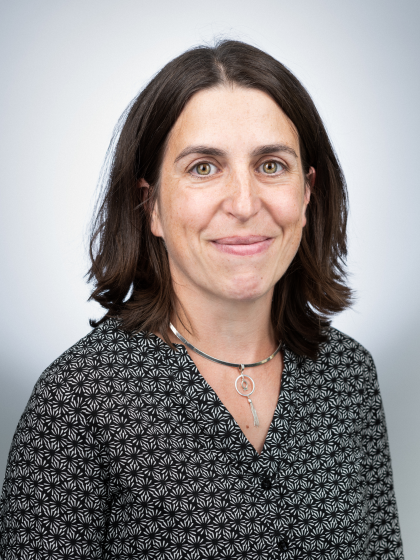
Contact
Functie
Assistant Professor and Rosalind Franklin Fellow
Seaweed and mussel cultivation
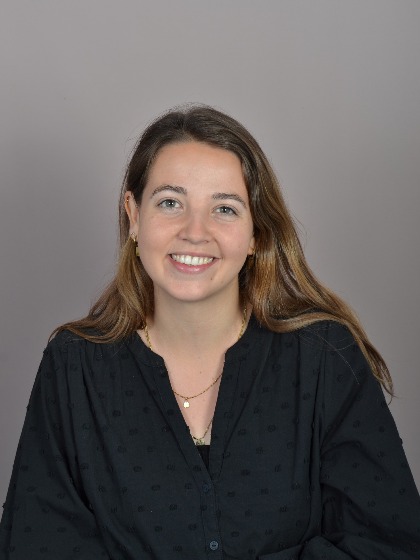
Contact
Functie
PhD student
Ecologie, biodiversiteit, natuurbeheer, natuurbescherming, duurzame landschappen, mens-natuur interacties
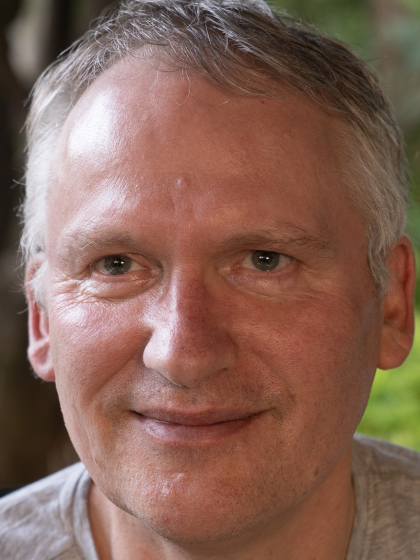
Contact
Functie
Hoogleraar Ecologie
Ecological Genomics, Population Genomics, Marine Biology, Evolutionary Biology, Fisheries Science
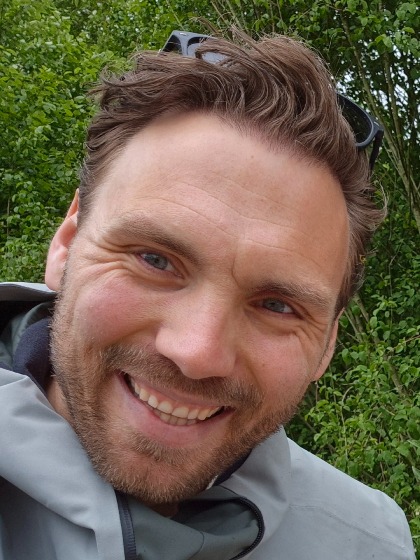
Contact
Functie
Population genetics, Conservation genetics, Evolutionary genetics, Genomics,
Molecular ecology,
Marine mammals
Molecular ecology,
Marine mammals
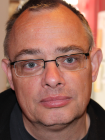
Contact
Functie
Professor
Habitat selection and distributional ecology; organismal design; marine biology; physiological, behavioural, population and community ecology; evolutionary and molecular ecology; animal migration; evolution. I am a firm adherent of an integrative biology... lees meer
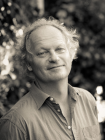
Moleculaire DNA technieken; DNA metabarcoding; Bioinformatica
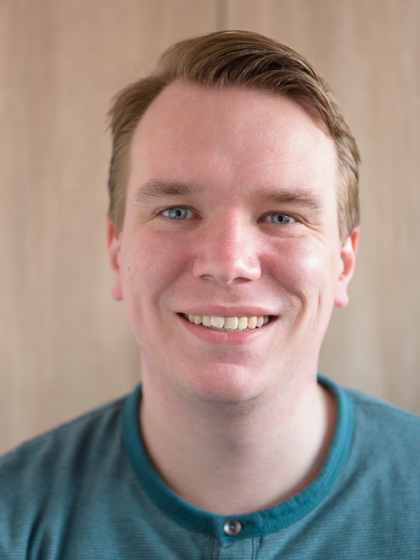
Cnidarians, algae, photosynthesis, fluorescent microscope
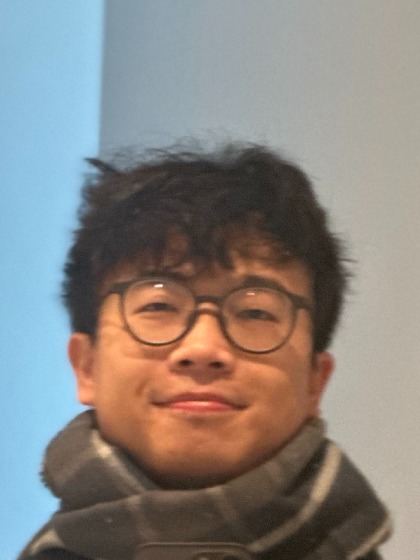
Architetcure and Landscape Architecture
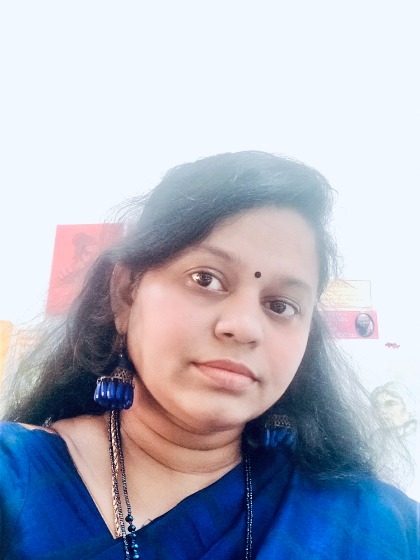
Contact
Functie
PhD student
Vakgebied
Arctic bird ecology, human geography, science and technology studies, nature conservation policy, post-humanism

Contact
Functie
PhD student
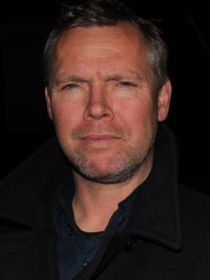
Contact
Functie
docent 3

Contact
p.b.riesenkamp rug.nl
Functie
PhD kandidaat - Marine Conservation Ecology
Kwaliteitszorg Onderzoek, Onderzoekstrategie, Institutional Research, Maatschappelijke relevantie Onderzoek, Kengetallen (KUOZ, 1cijferHO), Benchmarking, University Rankings, Bibliometrie, Open Science, Altmetrics, Onderzoeksinformatiesystemen
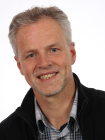
Contact
Functie
Senior Adviseur Onderzoeksbeleid en Institutional Research, Coördinator Kwaliteitszorg Onderzoek
Coastal Ecosystems, Ecosystem Services, Social-Ecological Systems, Multi-Criteria Analysis
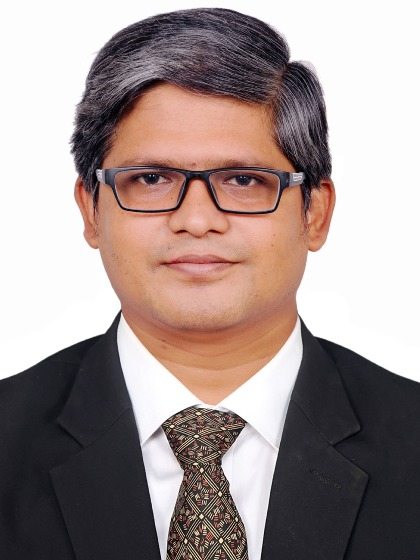
Contact
Functie
Postdoctoraal onderzoeker
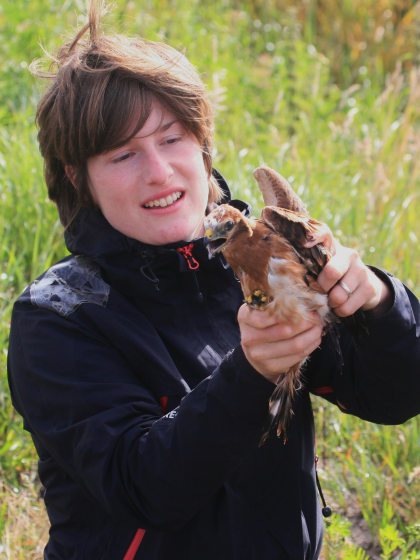
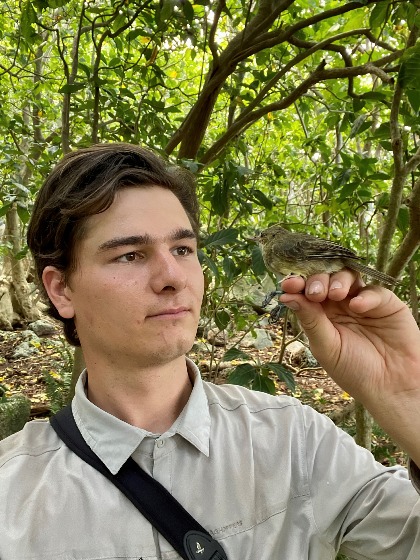
Contact
alexander.schlatmann rug.nl
Functie
Promovendus
Ecologie, natuurbeheer, begrazingsonderzoek, plant-dier interacties, herbivorie, rewilding, trofische cascades, veldexperimenten, terugkeer van de wolf, predatie, verwilderde kat, Jeneverbes
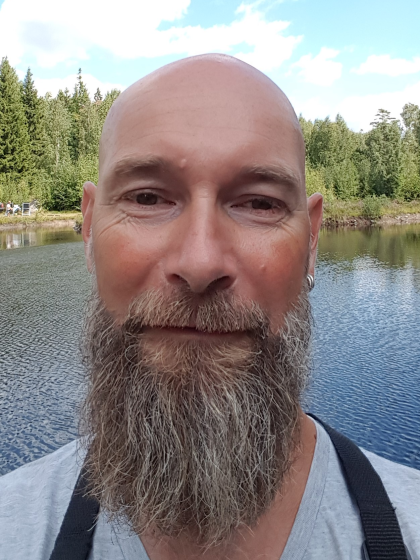
Contact
Functie
Professor in Ecologie en Natuurbeheer
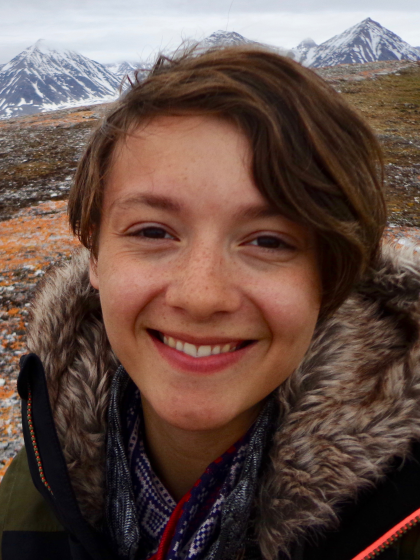
Demography & Population Ecology
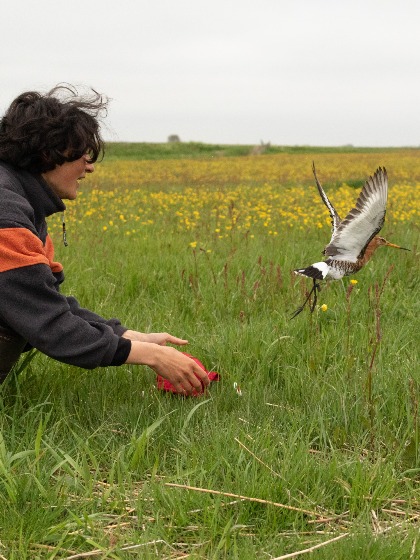
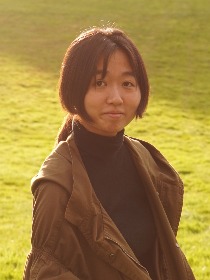
Biodiversity, Global trade, Conservation Biology
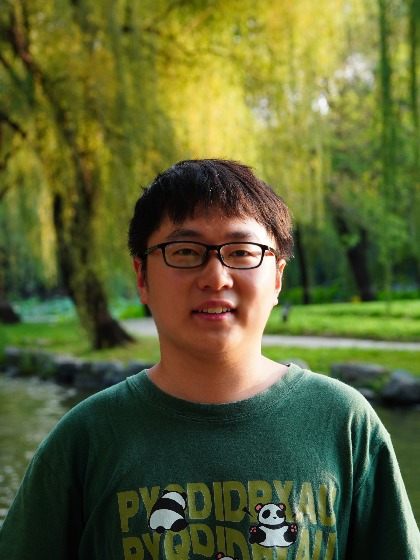
R programming
Python programming
Bioinformatics
Epigenetics
Python programming
Bioinformatics
Epigenetics
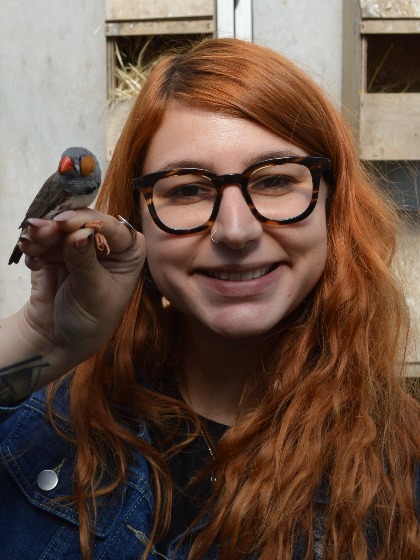
Marine ecology & ecological parasitology - biodiversity and disease risk - climate change, species invasions and parasitism - parasite biogeography and macroecology - ecology of the Wadden Sea
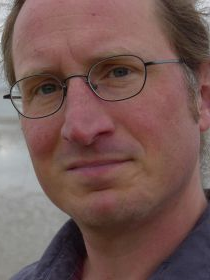
Contact
d.w.thieltges rug.nl
Functie
Honorary Professor Marine Parasite Ecology
Restoration Ecology, Biodiversity Conservation
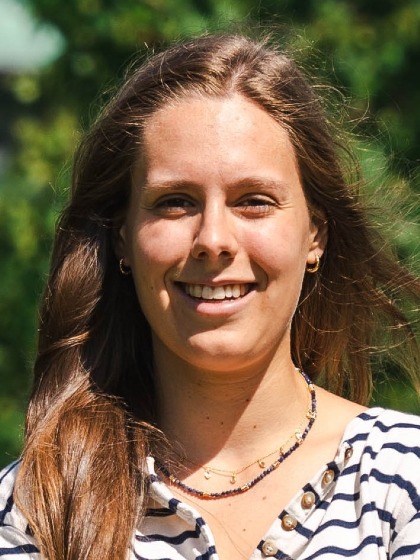
Contact
v.thijssen rug.nl
Functie
PhD Candidate - Conservation Ecology
Dierecologie, Ecofysiologie, Host-microbe interactions

Contact
Functie
Professor
Pablo Tittonell is Professor of Agroecology and Sustainable Landscapes at the University of Groningen, and Senior associate researcher at the French International Cooperation Centre for Agricultural Research and Development (CIRAD). He holds a WWF-endowed... read more
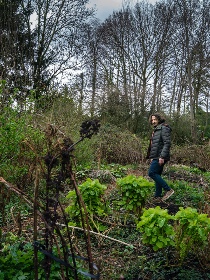
Contact
p.a.tittonell rug.nl
Functie
Experimental ecology
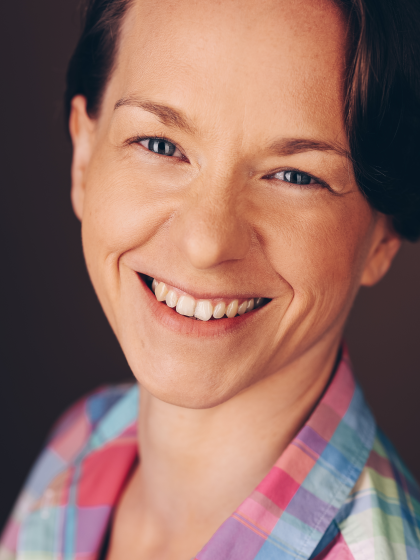

Veldwerk, observaties, vogeltellingen, meedenken en opzetten van experimenten/veldprojecten, programmeren, het opzetten van databases en het beheer daarvan, contacten onderhouden, organisatie en beheer.
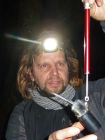
Contact
Functie
Onderzoeks-/Onderwijsmedewerker
Vakgebied
Fieldwork, meadowbirds, predators

Moleculaire DNA technieken
DNA lab
DNA lab
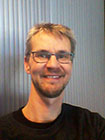
Contact
Functie
Onderzoeks-/Onderwijsmedewerker
Vakgebied
Telomeres, life history evolution, ageing.
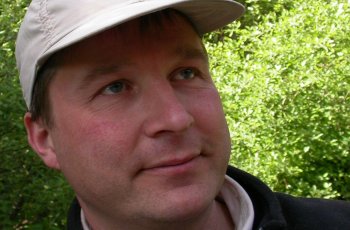
Contact
Functie
Professor of the Evolutionary Biology of Ageing
Vakgebied
Graag verwijs ik u naar: http://www.researchgate.net/profile/Yvonne_Verkuil, en naar mijn profiel op LinkedIn.
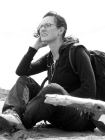
Contact
Functie
Onderzoeks- en onderwijsmedewerker
I am a community microbial ecologist with expertise in community composition of a variety of different soil organisms. My primary interest is in assessing the relationship between microbial and above-ground plant communities in semi-natural ecosystems and... read more
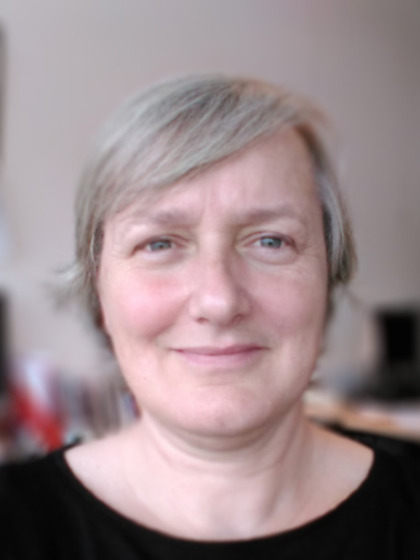
Contact
Functie
Gastonderzoeker
Vakgebied
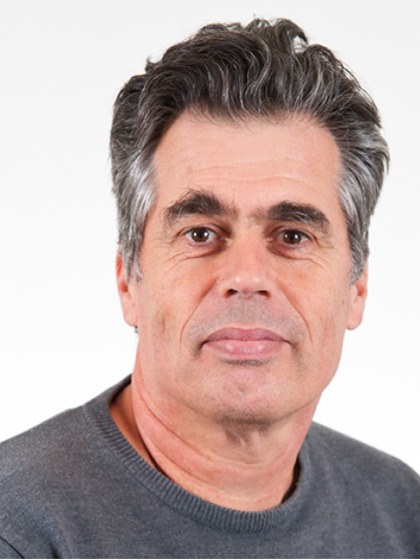
The group investigates ecological and evolutionary processes in (infectious) microbial communities. We aim to understand the genotype-phenotype-fitness relationships within (evolving) communities, and aim to elucidate the ecological drivers of evolution. ... read more
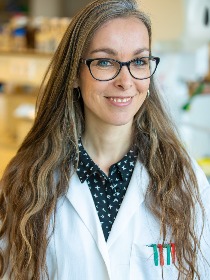
Contact
Functie
Assistant Professor
Vakgebied
PhD student in behavioural physiology and conservation ecology. I specialize in the behaviour and conservation of large carnivores, specifically cheetah, and the relationship between wildlife and humanity.
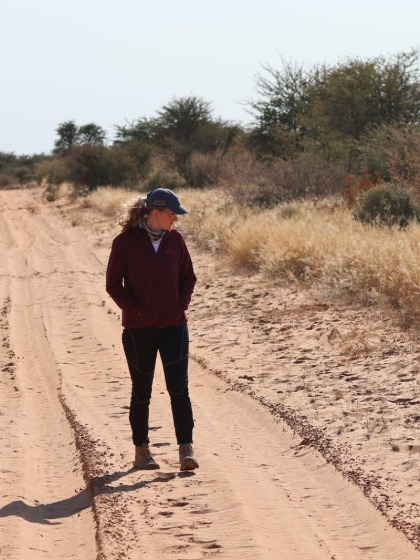
Contact
n.wemer rug.nl
Functie
PhD student
Ecological and evolutionary genomics
Host-parasite interactions
Innate immunity in insects
Host-parasite interactions
Innate immunity in insects
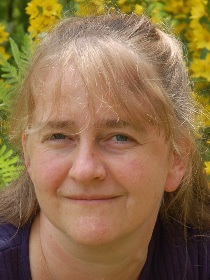
Contact
Functie
Hoogleraar & Rosalind Franklin Fellow - Evolutionaire biologie van ecologische interacties

View this page in: English
